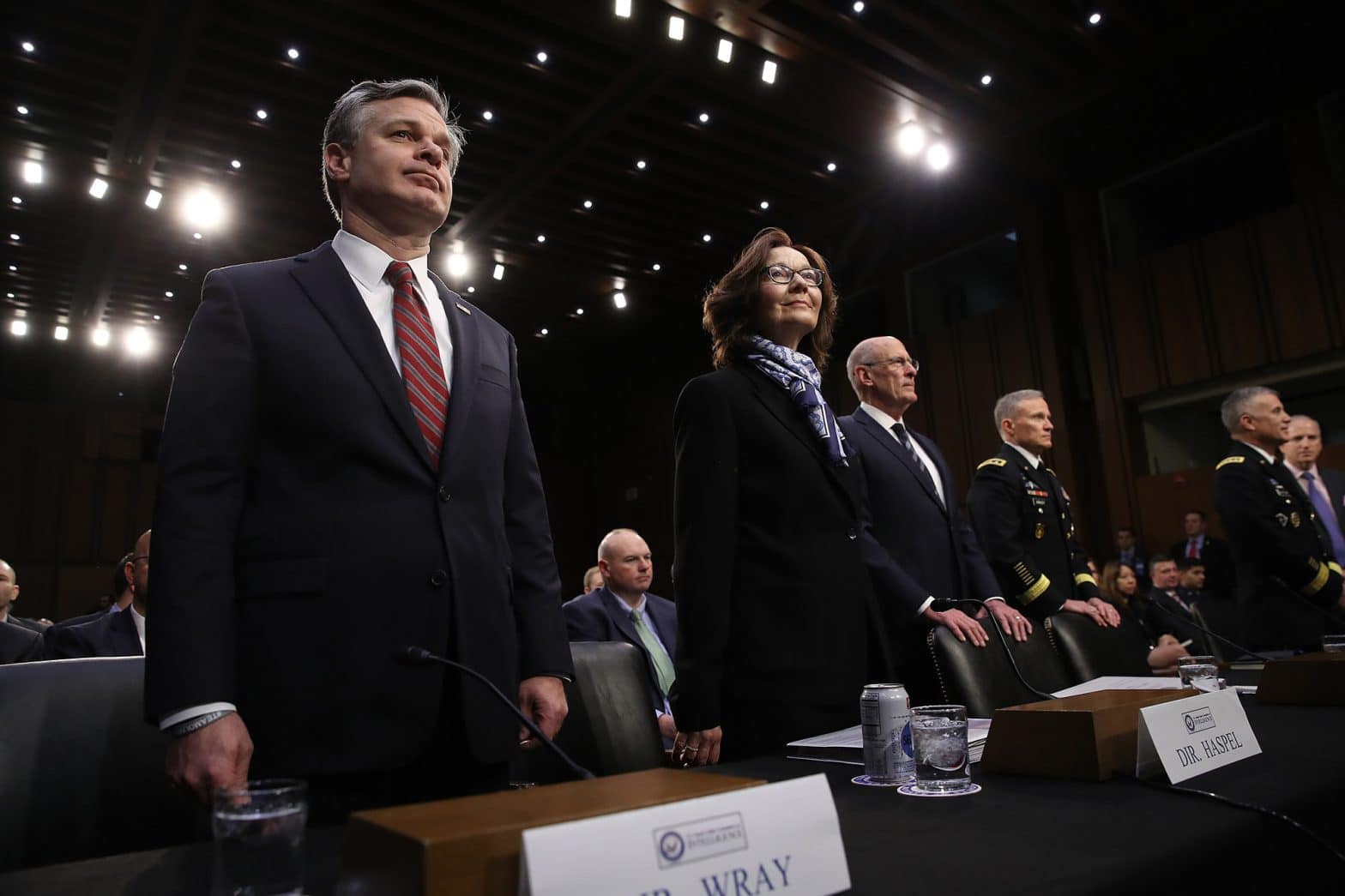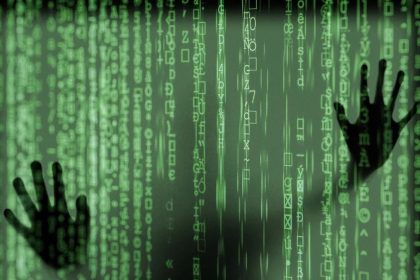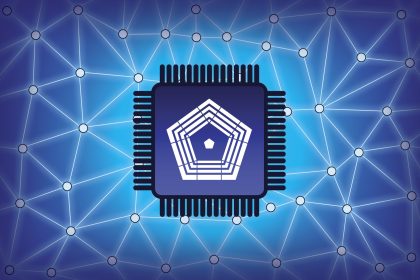President Trump Promotes Offensive Cybersecurity Tactics

Government agencies concerned about limited options available to them in the event of security breaches and data hacks may now explore offensive cybersecurity strategies. This is the message firmly conveyed by President Trump and National Security Adviser John Bolton earlier this week.
The bold cybersecurity plan, which was released by the White House in September 2018, has received positive feedback from various government departments, security experts and academic leaders. Collectively known as The Network, a whopping 60 percent of the group approve the President’s decision, according to a recent survey published by the Washington Post.
“The Administration will push to ensure that our Federal departments and agencies have the necessary legal authorities and resources to combat transnational cybercriminal activity, including identifying and dismantling botnets, dark markets, and other infrastructure used to enable cybercrime, and combatting (sic) economic espionage,” cited President Trump in the 40-page document.
In applying the “best defense is a strong offense” military tactic, the strategy entails several possibilities for cyber government agencies. Under the order, defense groups, such as the Department of Homeland Security, Department of Defense and the National Security Agency, could take a proactive approach to deterring hacks from overseas cybercriminals.
The National Cyber Strategy also highlights the crucial role that private sectors will play in sharing data with the government, in order to boost the effectiveness of offensive cybersecurity efforts. Notable industries mentioned in the plan include the following: banking and finance, communications, information technology, transportation and energy. Interestingly, these fast-moving sectors are frequently targeted by malicious cyber criminals.
Furthermore, the document encourages collaboration between law enforcement groups and private tech companies in addressing technological roadblocks that may arise when securing time-sensitive information. The barriers highlighted in the plan are encryption and anonymization, which are designed to maintain privacy and protect the identity of individuals.
“The approach could lead to increased business opportunities for cybersecurity contractors, explained Deon Viergutz, vice president of Lockheed Martin Cyber Solutions.
“The President’s National Cyber Strategy and the Department of Defense Cyber Strategy further reinforce the groundswell of support for the growing cyber mission needs and requirements.”
To ensure international cooperation, the Administration will launch the Cyber Deterrence Initiative. The program is projected to streamline coordination with the nation’s allies across the globe. If successful, the initiative would enable the government to take swift action against criminals attempting to circumvent cybersecurity laws by conducting attacks abroad.
Surprisingly, the strategy issued insights on enforcing cybersecurity plans in space. Although the technical aspects of the plan are unclear at this time, the takeaway here is the government is very interested in protecting space-related assets (satellites, weather-monitoring devices and navigational instruments).
Lastly, it is important to point out the document did not disclose the types of cyber attacks requiring approval from the President. To prevent potential interference with intelligence-gathering programs, previous cybersecurity policies required consultation with the military and government agencies before moving forward with such activities.























